|
The African Union is against military coups and has rules that enable it to expel member states if governments are overthrown by force. But recent popular protests that have led to the toppling of authoritarian regimes, in some cases with explicit or implicit military support, have shown the AU’s approach is lacking. Adem K Abebe explains how events in Sudan and Algeria underscore why the AU needs to tighten up its rules and develop a more nuanced approach.
And Bruce Kidd sets out why the ruling against Caster Semenya flies in the face of best practice in policy making, overrides human rights and will cause tremendous anxiety and even harm among the female athletes in the world, particularly those in the Global South.
|
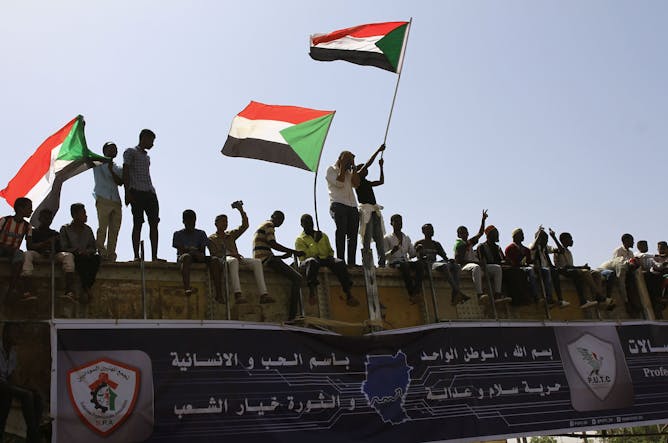
Unyielding protesters put an end to Sudanese President Omar al-Bashir’s 26-year old authoritarian rule.
EPA-EFE/Stringer
Adem K Abebe, University of Pretoria
The role of the military in toppling authoritarian rulers, after intensive popular protests, raises questions about how the AU's policy against coups should be applied.
|
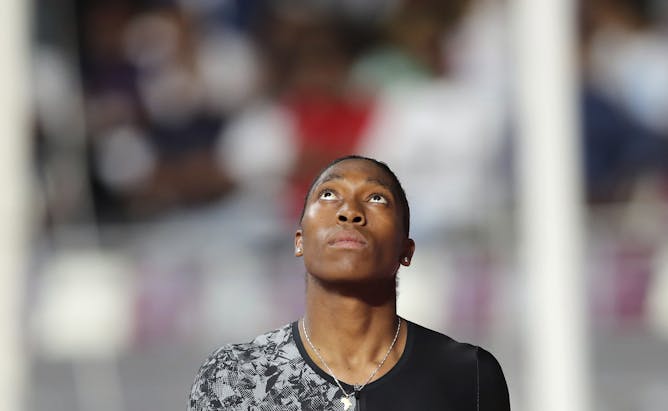
South Africa’s Caster Semenya in the moments before the women’s 800-meter final during the Diamond League athletics event in Doha, Qatar on May 3. The world champion easily won the race, but her future remains in doubt.
(AP Photo/Kamran Jebreili)
Bruce Kidd, University of Toronto
The great South African runner Caster Semenya may have competed in her last 800-metre race. She has been demonized for more than a decade, like many other female athletes before her.
|
Politics + Society
|
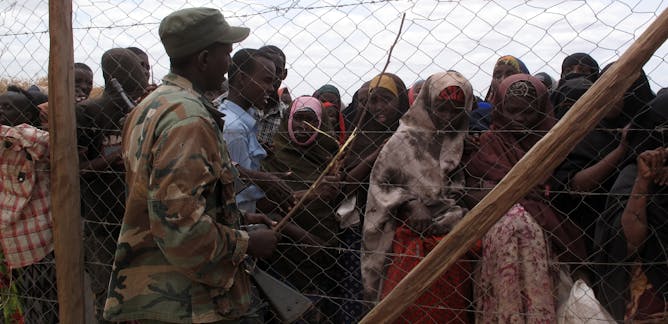
Mollie Gerver, University of Essex
Human rights organisations worry that the UNHCR may be helping refugees return to war zones and, as an enabler of repatriation, are helping Kenya to violate refugees' rights
| |
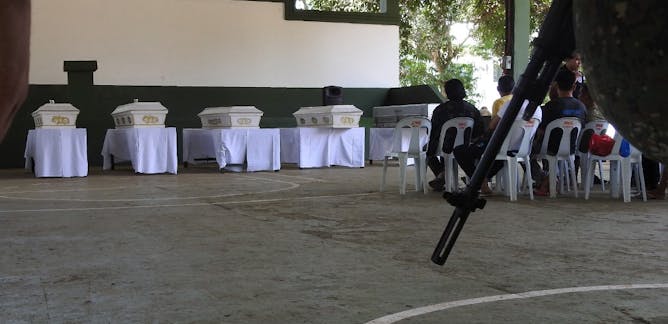
Lesley Ann Daniels, Institut Barcelona Estudis Internacionals
After a civil conflict, within five years the majority of modern peace agreements fail. What is causing these negotiated settlements to fall apart?
|
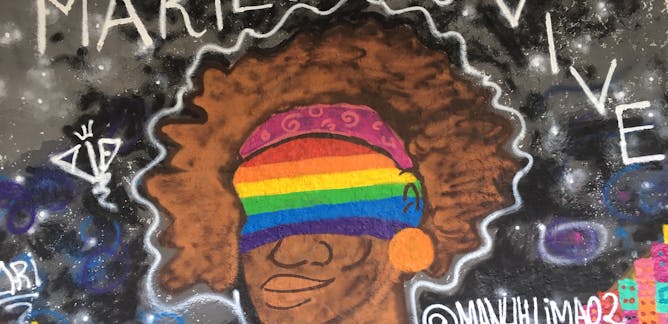
Catherine McNamara, University of Portsmouth
Violence against LGBTQ people in Brazil is at an all-time high, but artists refuse to be intimidated.
| |
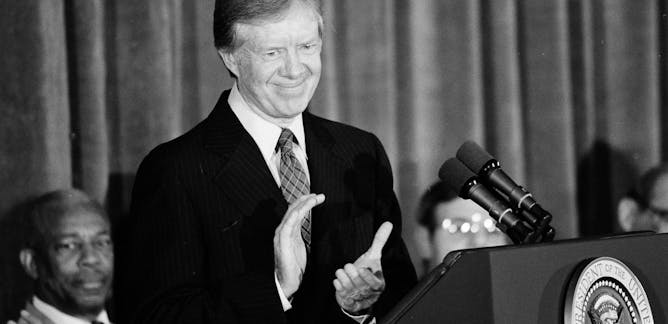
Robert C. Donnelly, Gonzaga University
Former President Jimmy Carter's foreign policy efforts may have been far more effective than critics have claimed.
|
|
|
Business + Economy
|

Griet Steel, Utrecht University
Women in Sudan have been resisting the controls placed on them for some time - by using their smart phones and social media to trade.
| |
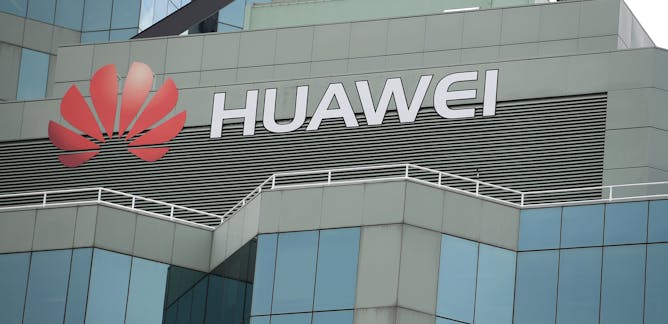
Howard Yu, IMD Business School
Cutting Huawei out of the picture would limit Western access to new, state-of-the art technology.
|
|
|
Science + Technology
|
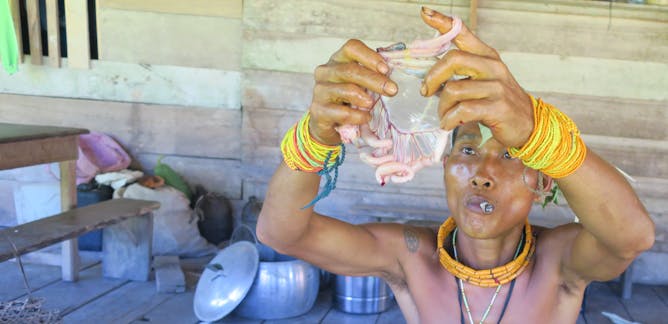
Manvir Singh, Harvard University
Hidden forces are always at work in the world, and people always want to control them, a cognitive anthropologist explains. Enter the human universal of shamanism.
| |

Sarah Rose, Staffordshire University
World Health Organisation guidelines on screen time lack nuance.
|
|
|
Energy + Environment
|
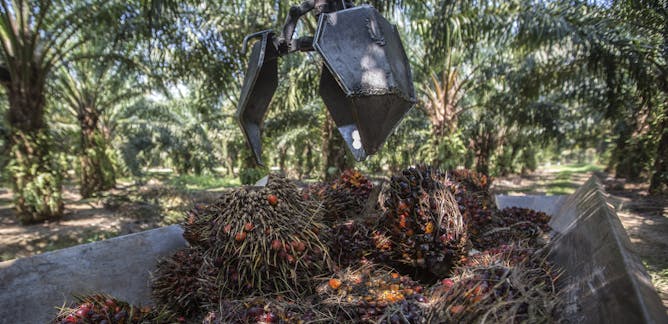
Elizabeth Robinson, University of Reading; Herry Purnomo, Centre for International Forestry Research
Palm oil production is a leading cause of deforestation in Asia, but an EU ban may make matters worse.
| |
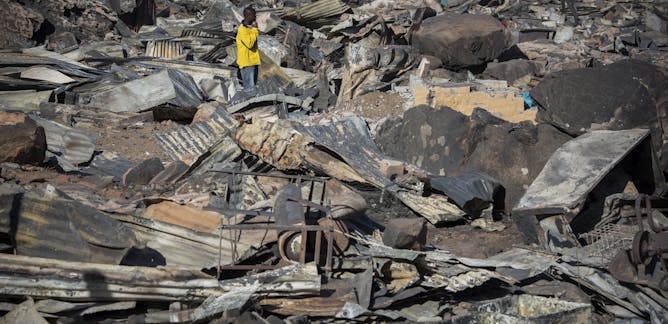
Fiona Anciano, University of the Western Cape; Laurence Piper, University of the Western Cape
Rebuilding informal settlements after a disaster must be done through learning from those who live in the settlements.
|
|
|